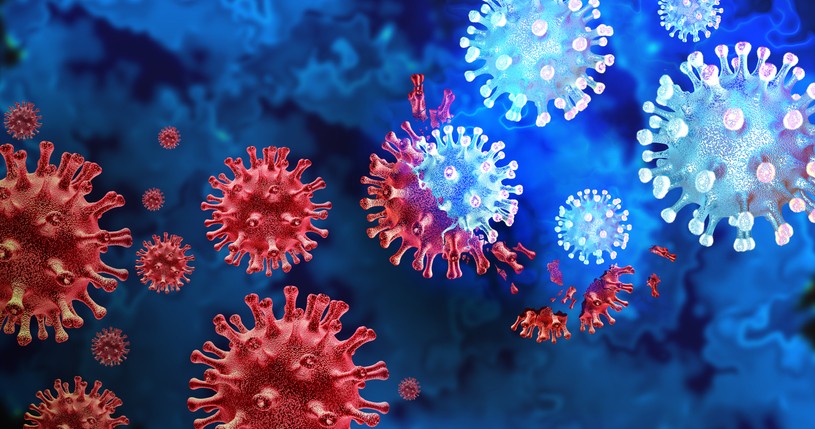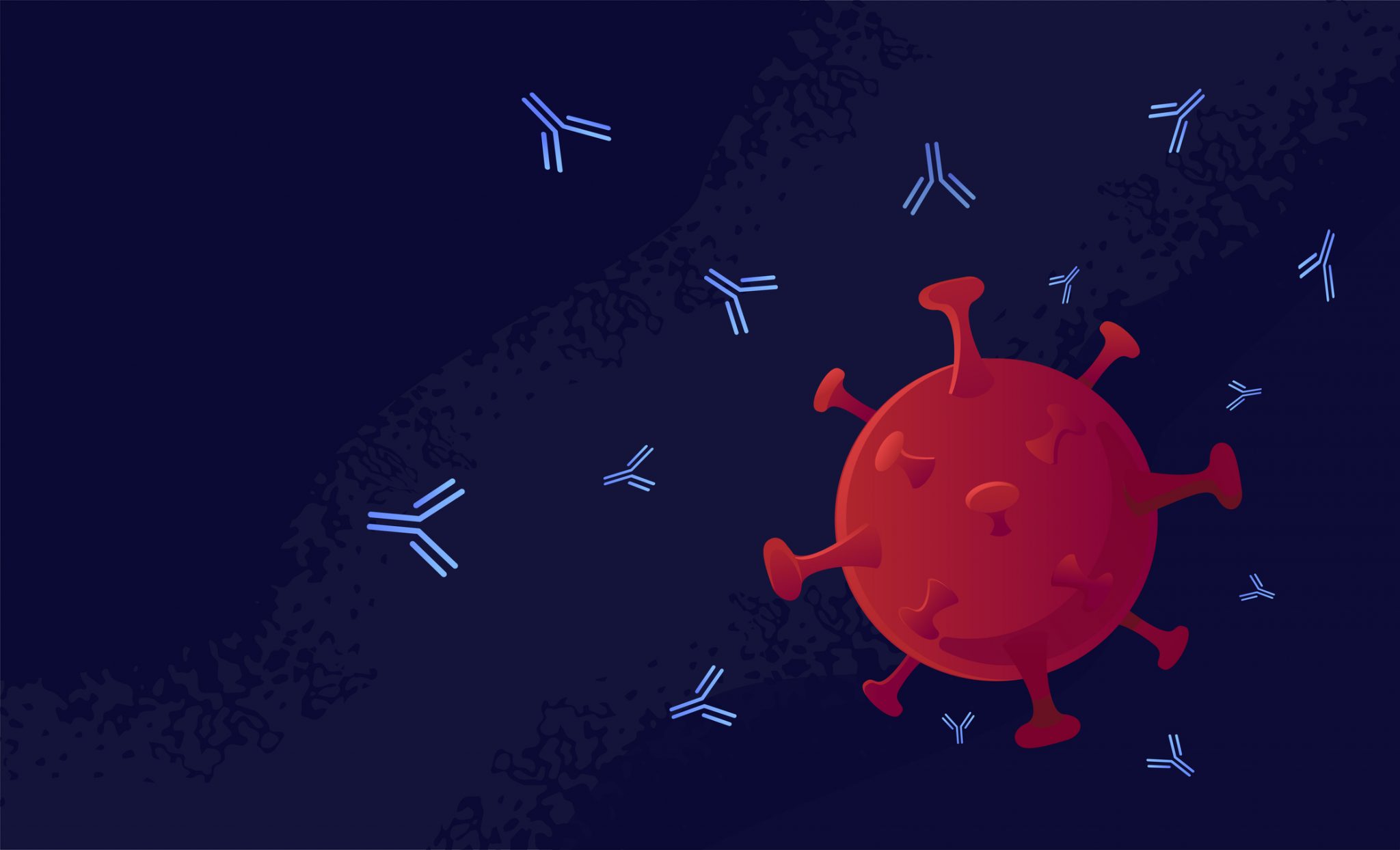What is MAB Therapy for COVID-19?
FEB 16, 2022As we all are aware, the COVID-19 disease pandemic still exists today. Thankfully, we have monoclonal antibody therapy (MAB) as ...
Read More
As COVID-19 evolves and persists in our communities, the conversation continues every day in homes, workplaces, and the media concerning the latest variant and the potential or observed implications each might have for all of us. But what exactly is a variant, a mutation, or a strain of a virus? Although these terms are often used interchangeably, they typically hold different meanings.
Viruses spread by infecting a host and then rapidly producing copies of themselves in the host’s cells. Sometimes errors occur when making these copies of the virus, which alters the genetic sequence of the virus, and so the future copies will also have the same error. This is what’s referred to as a “mutation.” It’s important to note that mutations are simply mistakes made in the copying process. Many mutations are irrelevant, and may even make the virus weaker. Other mutations may strengthen aspects of the virus, making it easier to spread or increasing its ability to cause illness. The more a virus is allowed to spread, the more frequently it copies itself, and the higher the chance becomes that mutations will occur.
When mutations begin to create a significant difference in the genetic code of the virus, we get a new “variant” of the virus. Although we’ve most frequently heard about the Delta and Omicron variants of Covid-19 in the news, there have been numerous variants discovered since the start of the pandemic. The World Health Organization, in collaboration with many partners around the world, monitor these variants and classify them by the level of concern they present to public health.
When variants are discovered that have genetic changes that could potentially affect the way they behave, they are known as “variants under monitoring.” When variants have demonstrated that they are more easily transmitted or cause more significant illness, they may be reclassified as “variants of concern.” One additional term you might encounter is “variant of high consequence,” and this is typically reserved for a variant that has evolved enough to completely evade vaccinations and therapeutic treatments we have for the virus. Often these highly-evolved variants become known as “strains.”
As of yet, no variants have been classified as variants of high consequence.
At the beginning of 2022, five variants of concern are being monitored by health authorities globally, the most recent being the Omicron variant. This variant was first detected in the United States in December of 2021, and is currently circulating in the country. Scientists at the Centers for Disease Control and its partners throughout the globe are diligently gathering data on Omicron, and current evidence suggests that it is transmitted far more easily than previous forms of COVID-19. The CDC also expects that the virus can still be transmitted by those who do not have symptoms or have been vaccinated.
With this in mind, vaccinations are still the best public health measure we can take to help protect our communities. Although breakthrough infections have occurred, vaccination has still been effective at reducing hospitalizations and severe illness in light of new variants. Laboratory studies demonstrate that three doses of the COVID-19 Vaccine still neutralize the Omicron variant, and that two doses still significantly reduce the chance of severe illness or hospitalization. A vaccine specifically for Omicron is currently being developed, and it is expected to be ready as early of March this year if the variant continues to spread rapidly.
If you have not yet been vaccinated, need a booster shot, or have loved ones that need to be vaccinated, speak with any of our CHI Health Pharmacy teams today to get vaccinated. It’s quick, easy, and there is no cost to get protected!

As we all are aware, the COVID-19 disease pandemic still exists today. Thankfully, we have monoclonal antibody therapy (MAB) as ...
Read More
In January 2020, the World Health Organization announced that there was a mysterious Coronavirus- related illness that had first been ...
Read More
With fall allergies in full swing and flu season on the way, people may be wondering if that runny nose ...
Read MoreWhen you need local health information from a trusted source, turn to the CHI Health Better You eNewsletter.